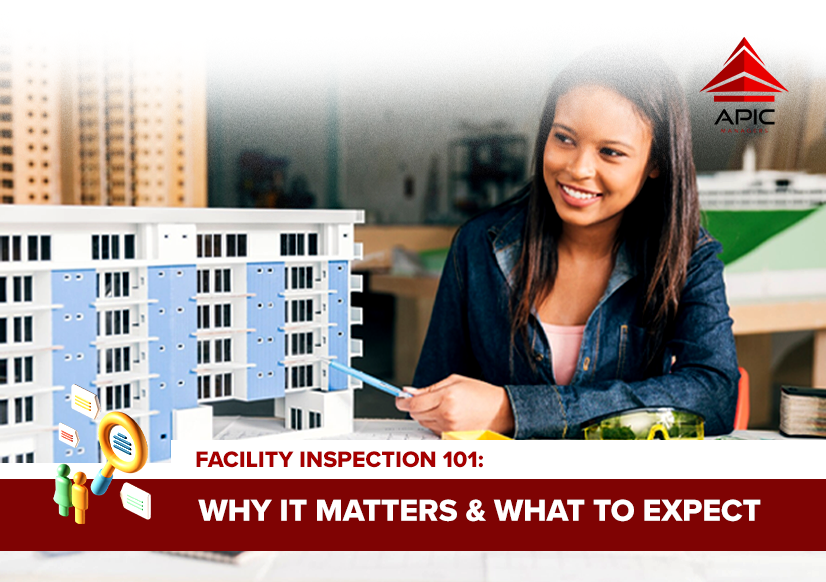Facility inspections are crucial for maintaining the safety, efficiency, and longevity of buildings and properties. Regular inspections help prevent unexpected failures, ensure compliance with safety regulations, and uphold the overall aesthetics and functionality of a facility.
Why Facility Inspection Matters
- Safety Compliance: Inspections are essential to ensure that a facility meets all safety standards and regulations. This protects not only the physical property but also the people who work or live within its premises.
- Preventive Maintenance: Regular inspections identify potential problems before they become major issues, saving money and time in the long run. This proactive approach helps manage risks and extends the lifespan of the facility’s components.
- Operational Efficiency: Well-maintained facilities run more smoothly, reducing downtime and increasing productivity. Inspections help ensure that all systems, such as HVAC, electrical, and plumbing, are operating optimally.
- Value Preservation: Regular inspections and maintenance preserve and can even increase a property’s value by keeping it in top condition, which is critical for real estate investments.
What to Expect During a Facility Inspection
- Physical Examination: Inspectors will perform a thorough check of the building’s structure, looking for any signs of damage or wear and tear in areas like roofs, walls, floors, and foundations.
- System Checks: All major systems within the building, including heating, ventilation, air conditioning, plumbing, and electrical systems, will be tested and evaluated to ensure they are functioning correctly.
- Safety Verifications: Safety equipment, such as fire extinguishers, alarms, and sprinkler systems, will be examined to confirm they are in good working order and compliant with current laws and standards.
- Documentation Review: Inspectors will review all relevant documents, including previous inspection reports, maintenance records, and compliance certificates, to ensure everything is up-to-date.
- Report and Recommendations: After the inspection, you will receive a detailed report outlining any issues discovered and recommendations for repairs or upgrades.
By understanding the importance of these inspections and what to expect, property owners and managers can better prepare and utilize the insights gained to enhance their operational decisions and strategic planning.

